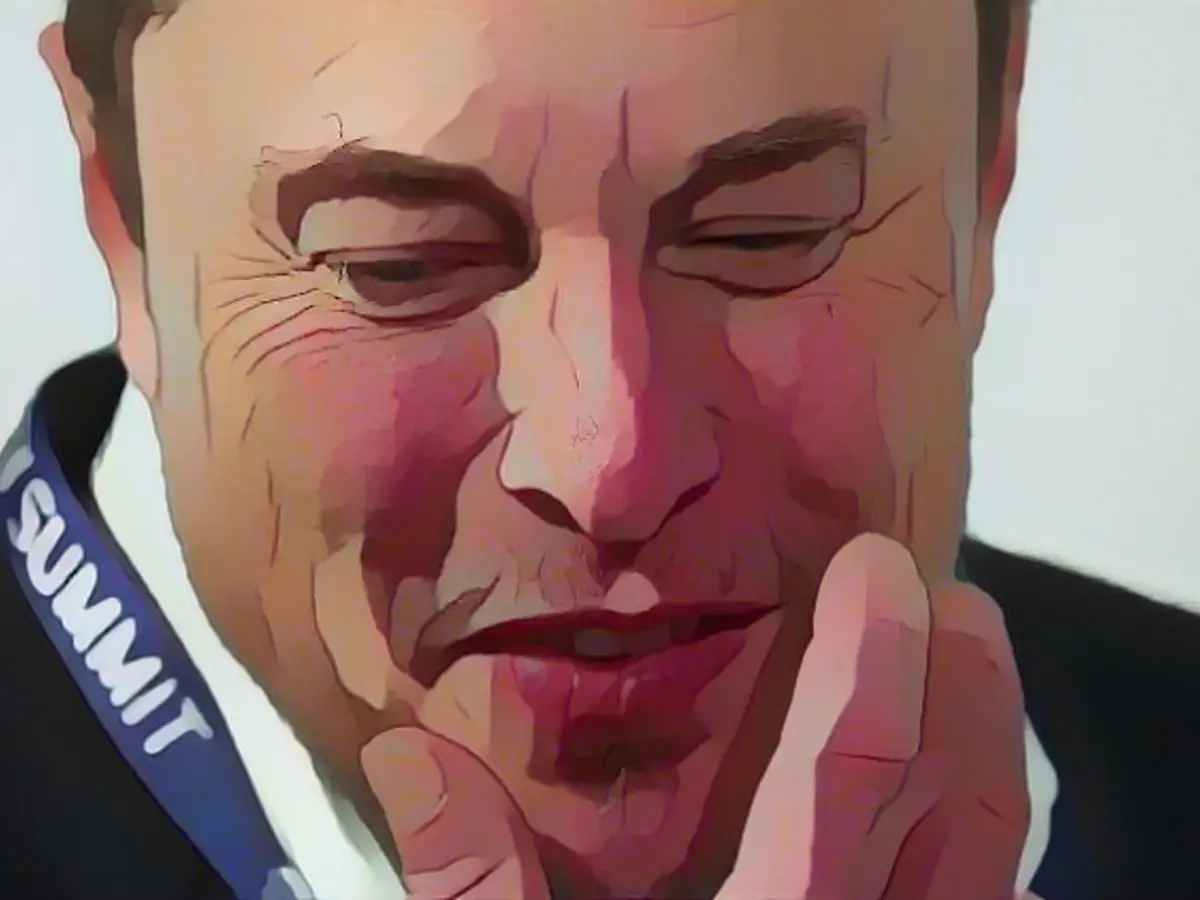Tesla's Swedish Tesla Plant Faces Unrest
Things have been far from smooth sailing for Tesla's Swedish plant following a series of strikes that started towards the end of October. The unrest has spilled over to postal services, with postal workers refusing to deliver necessary license plates for Tesla vehicles since Monday. Tesla's CEO, Elon Musk, seems less than sympathetic to the situation.
Musk Takes Aim at Strikes on X
In his first public comments on the strikes, Musk described the situation as "crazy." He went on to express frustration at the postal workers' refusal to deliver license plates, blaming it on their support for the Tesla worker strike on social media app X.
Tesla Workers and Postal Service Join Forces
The postal service workers have joined forces with Tesla employees, who originally launched the strike to enforce union agreements. The industrial union IF Metall intends to enforce these agreements at Tesla's Swedish plant.
In Sweden, the postal service is responsible for delivering license plates for new Tesla vehicles. However, postal workers have been refusing to deliver parcels to Tesla's branches or pick them up since Monday in support of the strike.
Early Days of the Strike
The first group to walk off the job were approximately 130 Tesla employees at ten Tesla workshops in Sweden at the end of October. Since then, the strike has spread to over 470 workers in various repair workshops and four ports, disrupting the loading of Tesla vehicles.
Despite Rejection of Unionization, Strikes Continue
Tesla CEO Musk has consistently rejected calls for employees to unionize, citing Tesla's global workforce of around 127,000. Despite this, the strikes have continued, highlighting broader labor issues within Tesla's European supply chain.
Enrichment Insights
While the primary reason for the strikes is Tesla's refusal to sign collective agreements with union IF Metall, the issue has grown more complex. Allegations of high injury rates, long hours, and below-industry pay have also fueled worker discontent. Despite these issues, unionization efforts have been unsuccessful.
The strikes have had significant operational consequences, including disruptions to delivery of electric vehicles and delays in connecting new Supercharger stations. Additionally, the strikes have complicated the process of acquiring necessary license plates for newly sold vehicles, adding to operational delays and customer dissatisfaction.
The strikes have also drawn public and investor attention, some even speculating on potential impacts of Musk's political engagements on Tesla's brand image and market value. Legal actions by Tesla against Sweden and lobbying efforts by the company have so far been unsuccessful.
If not resolved, the strikes could serve as a catalyst for similar movements across Europe, potentially forcing Tesla to revise its labor relations strategy. The negative perception of Tesla in Europe due to the strikes and associated labor disputes also calls for a reevaluation of the company's approach to labor relations.








